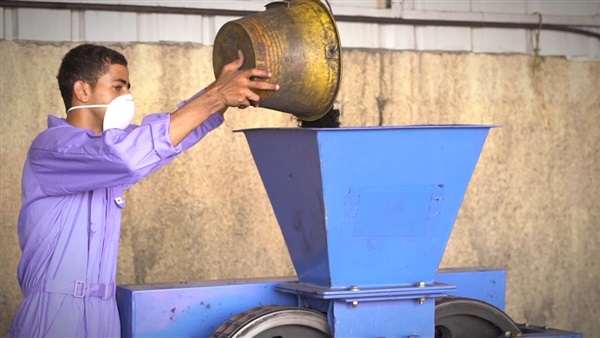Converting coal plants to biomass could fuel climate crisis, scientists warn

Plans to shift Europe’s coal plants, including the
giant Drax complex in North Yorkshire, to burn wood pellets instead could
accelerate rather than combat climate crisis and lay waste to forests equal to
half the size of Germany’s Black Forest per year, according to campaigners.
Climate thinktank Sandbag said the heavily
subsidised plans to cut carbon emissions will result in a “staggering” amount
of tree cutting, potentially destroying forests faster than they can regrow.
Sandbag found that Europe’s 10 largest biomass
conversion projects will alone require 36m tonnes of wood pellets every year,
equal to the entire current global wood pellet production. This would require
forests covering 2,700 sq km to be cut down every year, the equivalent of half
the Black Forest in Germany.
The majority of wood pellets to be used at Drax, and
much of the plants in the rest of Europe are imported from the US and Canada,
“meaning that there’s a huge added environmental cost in transporting the wood
from the other side of the Atlantic,” said the report’s author, Charles Moore.
The planned biomass conversions – with Finland,
Germany and Netherlands leading the way – would emit 67m tonnes of carbon into
the atmosphere which would be unlikely to be reabsorbed by growing trees over
the timescales relevant to meeting the Paris agreement, warned Sandbag.
In return, the forest-hungry power plants would
produce less than 2% of the EU’s electricity needs, the same generation
capacity built in Europe every year by wind and solar farm developers.
“It’s impossible to believe coal companies when they
argue that the switch burning forests could be good for the climate,” Moore
said.
EU regulators consider biomass as a carbon neutral
renewable alternative, saying that the growth of new trees can absorb as much
carbon as wood pellets release when they are burned to generate electricity.
Drax has used this logic to underpin its plan to
become the world’s first “carbon negative” company within 10 years by burning
biomass in conjunction with technology which can carbon capture from its power
plant flues.
Drax robustly defends the sustainability record of
its biomass supply chain. Its wood pellets, shipped from the US, are made
mostly from sawmill residue and forest overgrowth, which is carefully cleared
to improve the quality of forests. Drax has pledged never to source biomass
from farming practices that lead to deforestation.
But Alex Mason, from WWF’s EU office, said burning
forests is “literally the opposite of what we should be doing” to help tackle
the climate crisis.
“As 800 scientists pointed out last year, converting
coal plants to biomass will increase emissions for decades, if not centuries.
This new report is yet more evidence that the EU must use the new EU Green Deal
to fix EU bioenergy rules before this ticking time-bomb of a policy does any
more damage,” he said.
Prof Michael Norton, a director at the European
Academies Science Advisory Council, said large-scale forest removal to meet the
demand for biomass would be “horrifying from a climate perspective” and already
risks overshooting the Paris agreement targets.
He said European countries are moving ahead with
plans for giant biomass plants despite reports showing “the counter-productive
nature of biomass” and the urgent need to stop deforestation.





